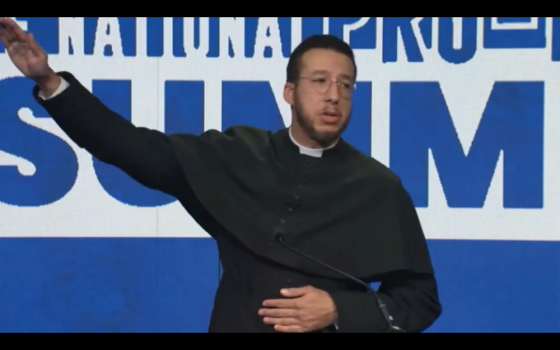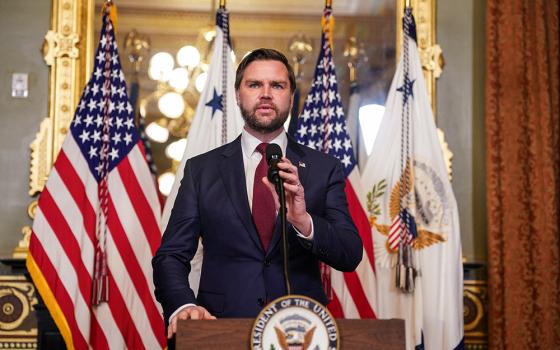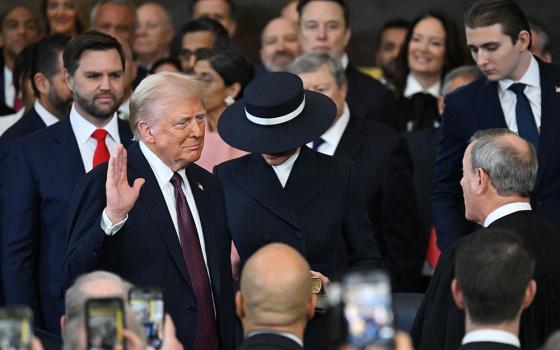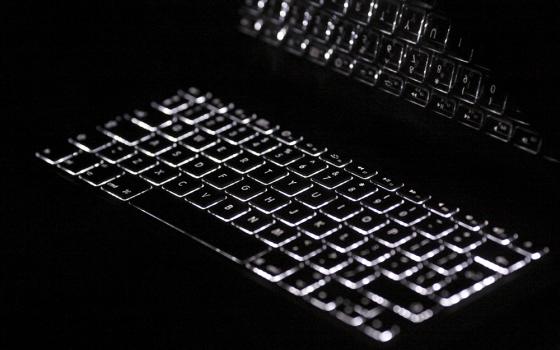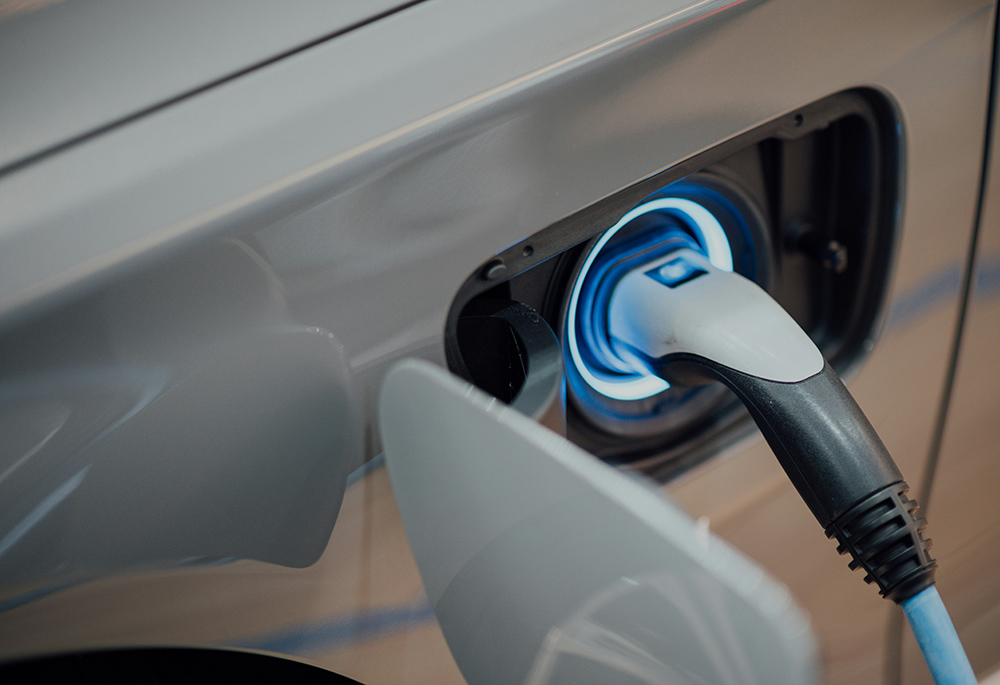
(Unsplash/CHUTTERSNAP)
In a southern Arizona diocese with 77 parishes and 22 schools spread across nine counties and 42,707 square miles of primarily desert land, the local Catholic bishop has opted to drive a fully electric vehicle.
"It's a big diocese, so I'm really glad for the 300 mile range. I'm heading out to a Confirmation on Sunday 106 miles away but I have no worries," said Diocese of Tucson Bishop Edward Weisenburger about his new Chevrolet Equinox EV.
In an interview with EarthBeat last fall, the Arizona bishop mentioned he had inquired with the local car dealer — who for many years has provided the diocese with a car for the bishop to drive — about whether it would be possible for his next vehicle to be electric. The dealership thought it was "a brilliant idea," he said.
Then in a Facebook post June 5 this year, Weisenburger shared a photo of himself with his new EV and the caption: "Through the kindness of my good friends at O'Rielly Chevrolet, I was able to bring home the first Chevrolet Equinox EV sold in Tucson! Zero emissions."
Followers of the bishop commented on the post with mixed feelings. There were congratulatory notes for the "beautiful," "cool," "nice car" and gratitude for "setting a good example for trying to help the environment."
But some felt the Equinox was flashy, saying that many people in the area could not afford such a vehicle even if they wanted to. One commenter suggested that "maybe all good things need to be enjoyed in silence?"
Others raised concerns about the environmental and human impacts of mining practices used to extract metals like lithium — which is used in batteries — from the Earth to power electric vehicles.
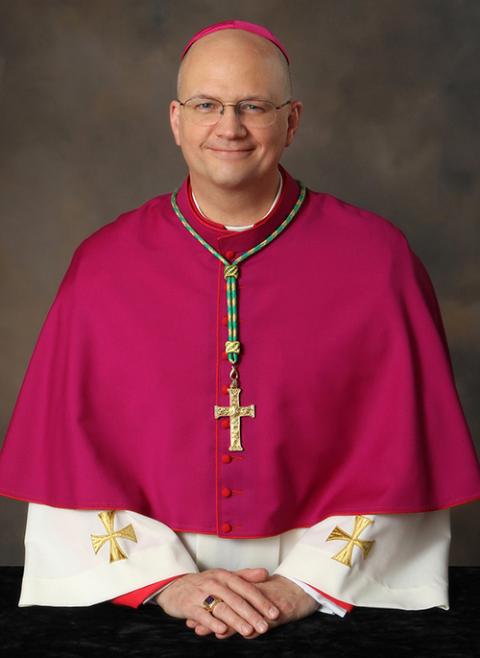
Bishop Edward Weisenburger of Tucson, Arizona, is seen in this undated photo. (OSV News/Courtesy of The Register)
A few asked if the bishop could make it to their cities in one charge, and other commenters responded saying he wouldn't have to because there are charging stations along the way. Still, Weisenburger told EarthBeat, "I look forward to the infrastructure being built up. I can only imagine what the next ten years will be like. More/easier charging stations, greater battery capacity, etc."
The nearly 50 comments on the bishop's post one month after it was posted provide a litany of pros and cons to consider when it comes to electric vehicles. For the bishop, the main factor driving his decision was emissions reduction, but he admits driving the car is also a lot of fun.
"I like the cost savings on fuel and maintenance, of course, but my real interest is the zero emissions. Laudato Si' is an inspiration on so many levels; this EV is a way I can personally and spiritually care for God's wondrous creation," Weisenburger told Earthbeat.
Advertisement
Chevrolet's website touts the Equinox EV as "America's most affordable 315+ mile range EV," with the manufacturer's suggested retail price starting at $41,900. Additionally, it may qualify for a $7,500 clean vehicle federal tax credit under the Inflation Reduction Act, and it is estimated to save drivers $1,250 per year in fuel costs compared to the average new vehicle. The EPA-estimated range of 319 miles on a full charge could be affected by factors such as "ambient temperature, terrain, battery age and condition, loading, and how you use and maintain your vehicle."
As he crisscrosses his diocese — the fifth largest geographically in the nation — Weisenburger said, "I have great control because I usually don't need the brake to slow down or stop. They call it 'one pedal driving.' I feel it's actually safer as by the time I move my foot from the accelerator toward the brake, I'm already stopping. It's a nice surprise that I'm actually having a lot of fun with this car. I enjoy seeing my car regenerate energy while I drive."
Weisenburger has made headlines several times in the past year for his engagement with climate issues as a Catholic bishop, including when he and other Catholic leaders met with White House officials about climate change last November and when in March he made one of the first public comments from a U.S. prelate about Pope Francis' critique of American lifestyles in his apostolic exhortation Laudate Deum "on the climate crisis."




